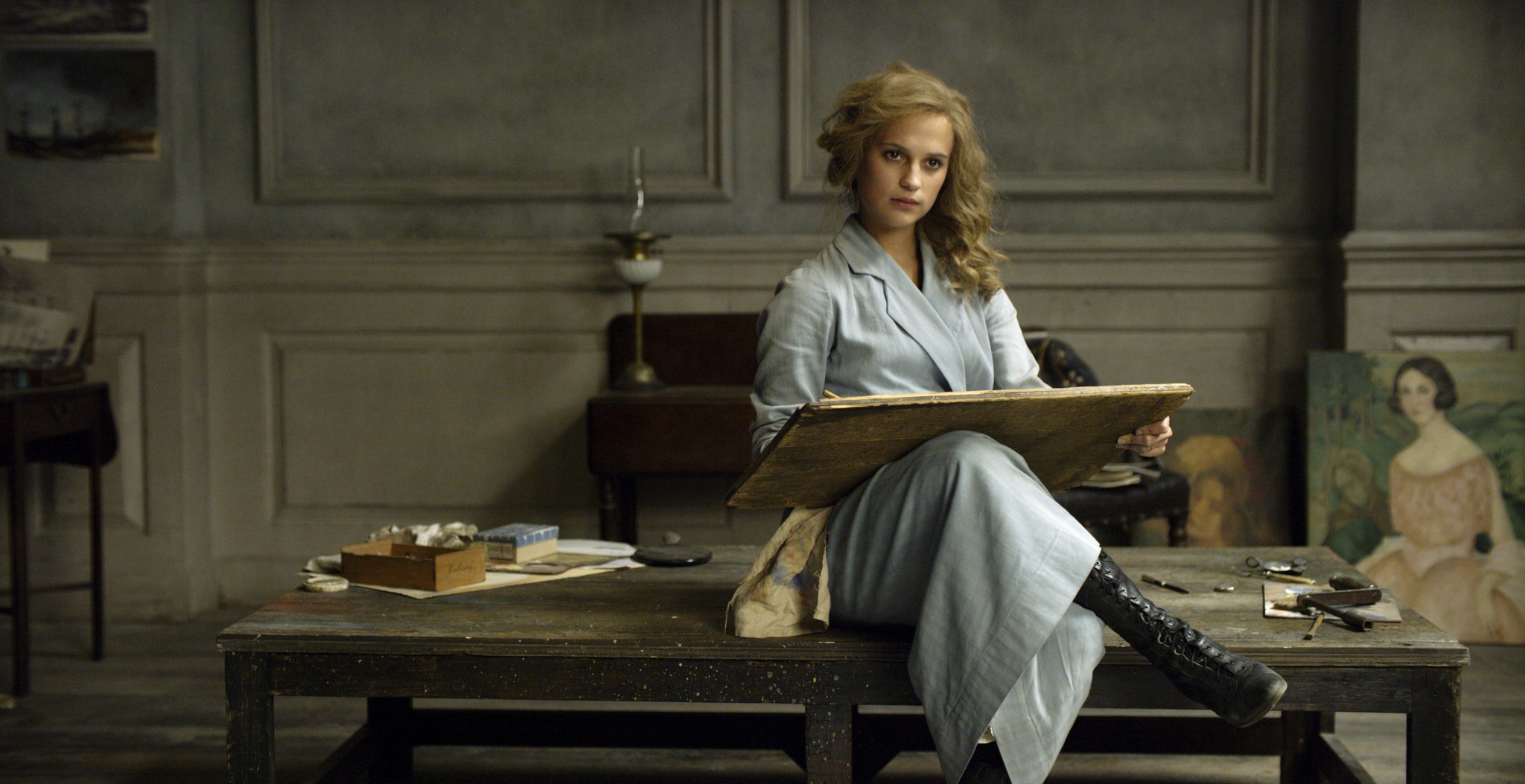The Danish Girl (2015)

The Danish Girl (2015) is a British biographical drama directed by Tom Hooper, based on the novel of the same name by David Ebershoff. The story is loosely based on the lives of two painters, Lili Elbe and Gerda Wegener, and chronicles Lili’s journey as one of the first individuals to undergo gender confirmation surgery. The film stars Eddie Redmayne as Lili Elbe and Alicia Vikander as Gerda Wegener, and it explores themes of identity, love, and the challenges of living authentically in a world that often rejects those who are different.
The plot of The Danish Girl centers around the life of Lili Elbe, born Einar Wegener, a talented Danish artist who begins to realize her true gender identity while living with her wife, Gerda, also a painter. When Gerda asks Einar to pose as a woman for one of her portrait paintings, Einar begins to feel a deep connection to the female identity that she had long suppressed. The film explores Einar’s emotional and physical transformation into Lili, a journey that challenges both her and Gerda’s understanding of love, marriage, and self-expression.
Eddie Redmayne’s portrayal of Lili Elbe is deeply moving and transformative. Redmayne, known for his ability to fully immerse himself in complex roles, brings a poignant vulnerability to the character of Lili. He effectively conveys the emotional turmoil Lili experiences as she navigates her transition, grappling with both personal discovery and the harsh societal expectations of the time. Redmayne’s performance captures the internal conflict of a person who is forced to confront the limitations and fears imposed by society, while also striving to live authentically. His nuanced portrayal earned him widespread acclaim and an Academy Award nomination for Best Actor.
Alicia Vikander delivers an equally powerful performance as Gerda Wegener, Lili’s supportive but conflicted wife. Gerda’s love for Lili is unwavering, yet she also experiences her own emotional struggles as she navigates the complexities of their marriage. Vikander masterfully portrays Gerda’s conflicting emotions—her initial confusion and eventual acceptance of Lili’s identity, as well as her grief over the changes in their relationship. The film depicts Gerda’s inner strength as she continues to support Lili, even when it becomes increasingly difficult to reconcile the love she has for her with the changing dynamics of their marriage.

The Danish Girl stands out for its breathtaking cinematography and visual artistry. The film captures the beauty of Copenhagen in the 1920s, where the story is set, with its sweeping cityscapes, elegant interiors, and lush landscapes. The visual elements of the film mirror Lili’s inner transformation, with the use of light and color often reflecting her emotional state. The costumes, particularly Lili’s wardrobe as she embraces her femininity, are beautifully designed, symbolizing her journey toward self-acceptance. Hooper’s direction brings these visual elements together to tell a story that is as much about identity and transformation as it is about love and personal sacrifice.

At its core, The Danish Girl is a story about the struggles of living an authentic life in a world that is not always welcoming. Lili’s journey is fraught with challenges—both personal and societal—as she faces discrimination, medical hurdles, and the breakdown of her marriage. The film examines the complexity of gender identity and the deep emotional cost of becoming the person one truly is. It also explores the themes of love and acceptance, highlighting the unconditional love that Gerda has for Lili despite the personal sacrifices she makes. Ultimately, The Danish Girl is a celebration of the courage it takes to live one’s truth, no matter the obstacles.

In conclusion, The Danish Girl is a powerful and poignant film that tells the remarkable true story of Lili Elbe’s journey toward self-discovery and transition. With exceptional performances from Eddie Redmayne and Alicia Vikander, stunning cinematography, and a heart-wrenching exploration of identity and love, the film offers a thought-provoking and emotional portrayal of a groundbreaking figure in the history of transgender rights. It serves as both a tribute to Lili’s courage and a reflection on the ongoing struggles faced by transgender individuals today. The Danish Girl is a moving testament to the power of love, acceptance, and the human desire to live authentically.











